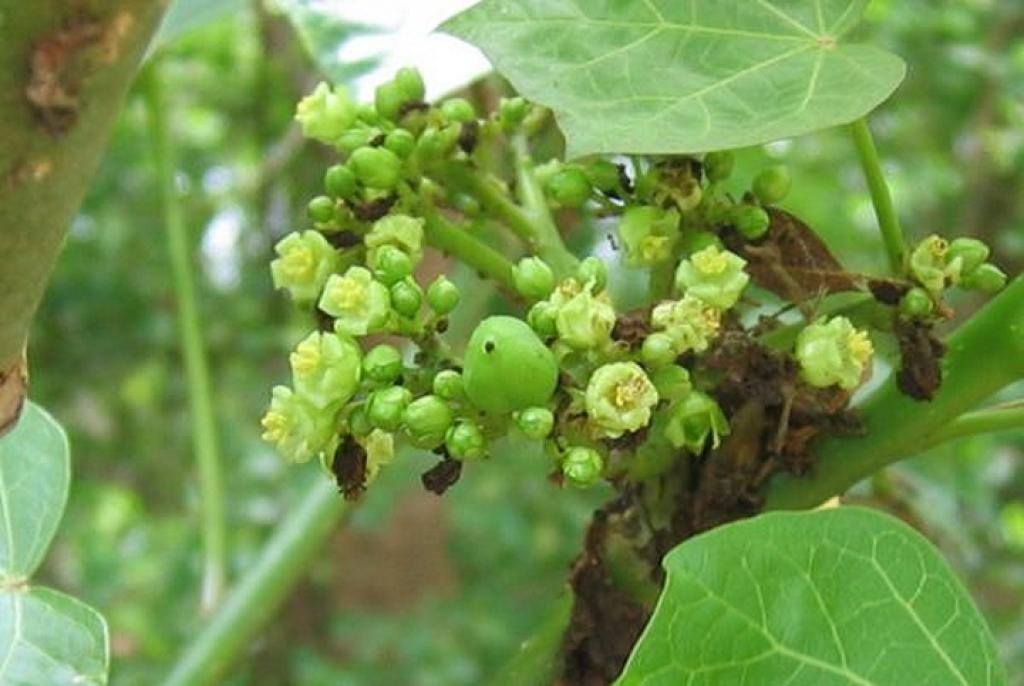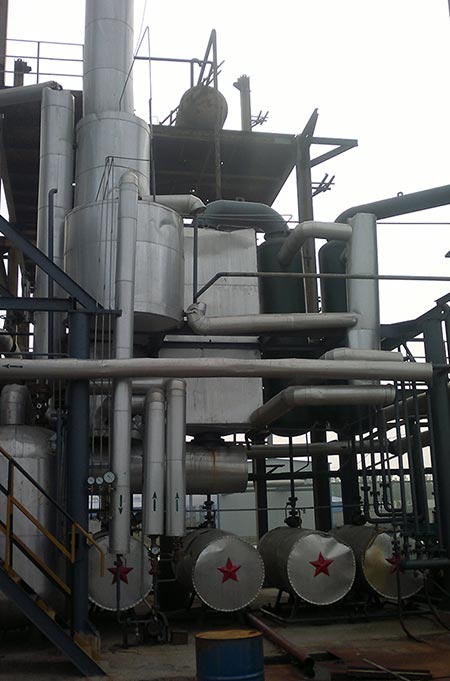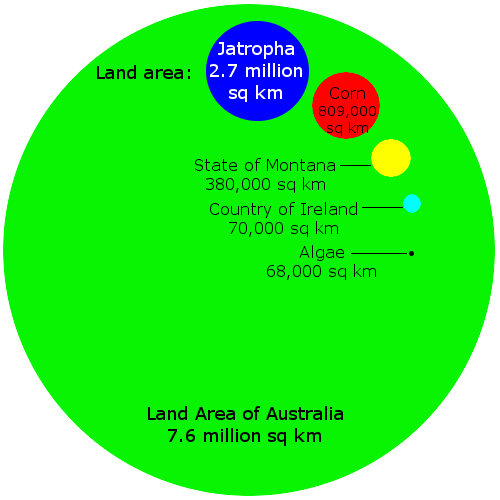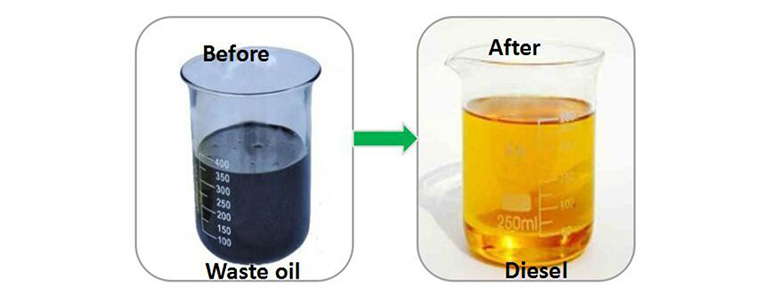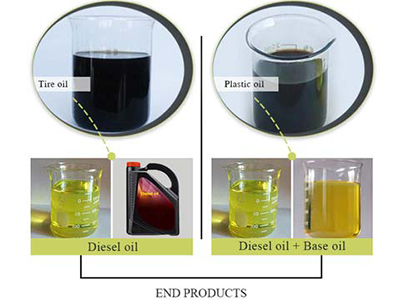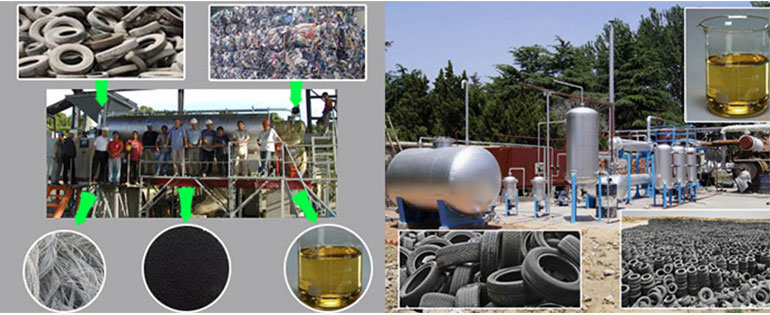Biodiesel was first proposed by German engineer Dr. Rudolf Diessel. At the World Exhibition in Paris in 1900, he showed his engine with peanut oil as fuel. Dr. Rudolf Diesel actually invented the diesel engine to run on a myriad of fuels including coal dust suspended in water, heavy mineral oil, and vegetable oil. His initial engine experiments were catastrophic failures. … Read More
Biodiesel News
Advanced Biofuels
The term “advanced biofuel” is a bit misleading because any biofuel can be advanced as long as it is made from sustainable feedstock. The definition of a sustainable feedstock is not well developed, but in general, a feedstock is considered sustainable if it: Is available in large enough quantity to meet a reasonable proportion of … Read More
Solid Biofuels
The term “solid biofuel” can be a bit misleading because many people associate biofuels with advanced refining and chemical processes. In fact, a biofuels can be any renewable, biological material used as fuel. With that definition, it becomes clear that things like wood, sawdust, leaves, and even dried animal dung all constitute biofuels. In fact, … Read More
Biodiesel and Green Diesel
The terms biodiesel and green diesel are easy to confuse and often are. Both of these products are refined from vegetable oil (and occasionally animal fat). What sets these two diesel fuels apart are the processes used to produce them and the end product that results. Biodiesel is produced by reacting triglycerides with alcohol to … Read More
Aviation Biofuel
Fuels like methanol and ethanol are not practical for aviation because they have very low energy densities. Planes would either be severely limited in their range or would not be able to take off thanks to the weight of the fuel they would need to carry. Aviation fuel has an energy density of 42 to … Read More
Development problem of biodiesel in the Asian-pacific region
The availability of raw materials is an important factor affecting production capacity. Countries and regions in the Asian-pacific region choose biodiesel materials according to their own national conditions.Malaysia and Indonesia use the country’s abundant palm oil,since palm oil is not a crop, the development of biodiesel will not affect food supplies in both countries.The Philippines … Read More
Biodiesel in India: The Jatropha fiasco
With its domestic crude oil output stagnating and the demand for oil continuing to rise at an ever-increasing pace, India has an opportunity to use substitutes of fossil fuels for both, economic and environmental benefits. Ethanol is one such substitute that can be produced from sugarcane and used for transport by blending it with petrol/gasoline. … Read More
Biodiesel use to be made compulsory in Indonesia
The Indonesian government is planning to make the use of biodiesel blended fuels compulsory for all vehicles and heavy machinery from 1 September, according to Reuters. (more information about biodiesel ,pls clinck) According to the wire service, Indonesia’s Renewable Energy Director General Rida Mulyana announced the government’s ambitious aim on 1 August. Indonesia’s president, Joko Widodo … Read More
Waste plant material could boost algae’s biofuel potential
Findings from a ground breaking study could prove crucial in boosting the ‘economic viability’ of algae biofuel, showing for the first time that raw plants can be used as a carbon energy source for cultivation of a strain of microalgae. (more information about biodiesel ,pls click) In a study recently published in the journal Algal Research, … Read More
Development status of biodiesel in Southeast Asia
The production of biodiesel in Southeast Asia started late, but it is growing faster. Malaysia and Indonesia, which are rich in palm oil, are the fastest-growing countries in Southeast Asia. The total crude palm oil production in the two countries accounts for about 85% of global production. There are currently about 20 biodiesel plants in … Read More

